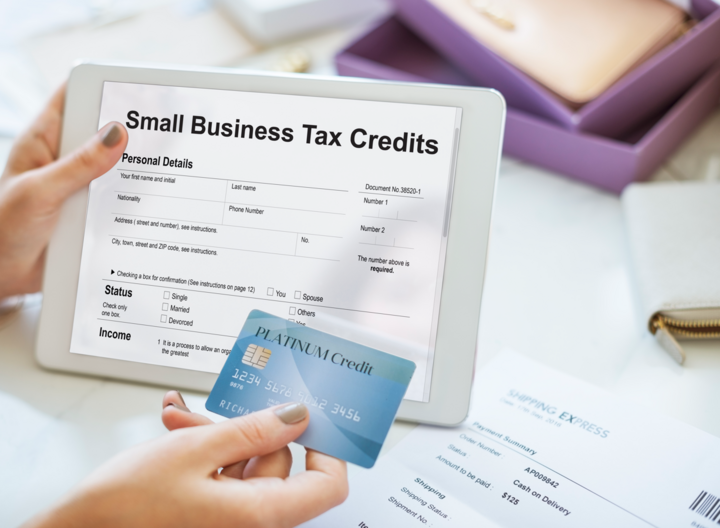A credit card is a boon for consumers who want to purchase something but don’t have enough money to pay off the entire amount right away.
If you don’t pay off the balance charged to your credit card at month-end, that amount is treated as debt - and interest is levied accordingly.
The interest payment you must make in return for the convenience of delaying your payment is known as a finance charge.
Your finance charge for any given month depends on the amount you owe, your Annual Percentage Rate (APR) as well as the time period in question.
How are finance charges calculated?
Finance charges are calculated using various methods, such as the daily balance method or the average daily balance method.
It may also be calculated using the balance at the beginning or end of the month, or the balance after the payments have been taken into consideration.
Moreover, your card issuer may levy a minimum finance charge.
For example, if your finance charge for the month comes to $1.50, and the minimum charge is $5.00, then you’ll need to pay $5.00.
Paying off your finance charge
The amount of finance charge that is due will be listed on your monthly billing statement - it may even be listed as an interest charge.
The minimum amount due includes your finance charge as well as a small amount of principal.
So to pay off your finance charge completely, you must pay more than the minimum amount due each month.
As you pay back more and more of the outstanding principal, your finance charges will reduce and eventually vanish.
Avoiding finance charges
From the above, it is obvious that if you want to avoid finance charges altogether, you would need to pay off your balance in entirety each month, before the grace period ends.
Grace periods usually vary from between 21-25 days, and you can find the same on your billing statement.
In other words, if there is no outstanding balance at the beginning of the billing cycle, you probably won’t have to pay finance charges.
One major exception is when you make purchases or transfer a balance during a promotional period.
Balance transfer cards offer a promotional rate that may be as low as 0% for a certain number of months.
During this time, even if you carry a balance from one billing cycle to another, you won’t have to pay finance charges.
However, once the promotional period ends, you’ll start accruing finance charges.
Having said that, this rule usually doesn’t apply to cash advances.
So, if you take out a cash advance using your balance transfer card during the promotional period, you may have to pay finance charges.
An interesting thing to note is that if you dispute (in writing) a certain item on your billing statement, that transaction won’t incur finance charges until the dispute is investigated.
If you can’t avoid finance charges altogether, you can at least try to reduce it by paying off your balance faster, requesting a lower interest rate from your issuer, or switching to a card that offers a lower interest rate.
There’s one more way to avoid finance charges – contact our team at Fund&Grow.
We offer individuals with good credit the option to obtain $50,000 - $250,000 of unsecured credit at 0% interest.
Available for a period of 6, 12, or 18 months, this amount can be used for anything – from funding a small business to providing a down payment on a property.
So, if you know someone who needs this sort of financing, have them call us at (800) 996-0270, and we will help them out right away.
Popular Posts
Instantly Pre-Qualify
Want Actionable Information, Tools and Resources To Quickly Acquire Business Capital, Credit and Funding?
I take tremendous pride in building positive and lasting relationships in my businesses and personal life. Every member of my team is committed to helping our clients get the maximum amount of funding possible and achieve their highest growth potential.



 Share
Share









